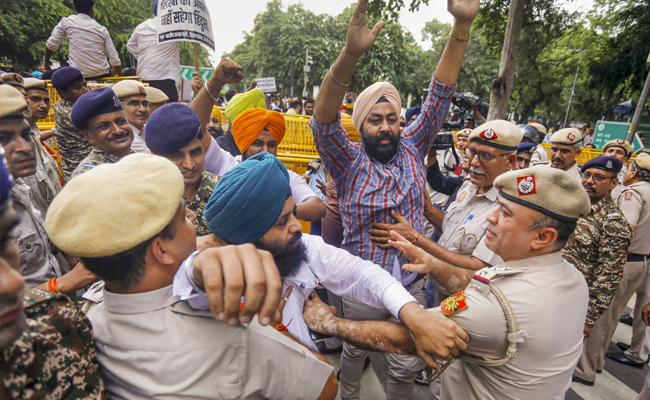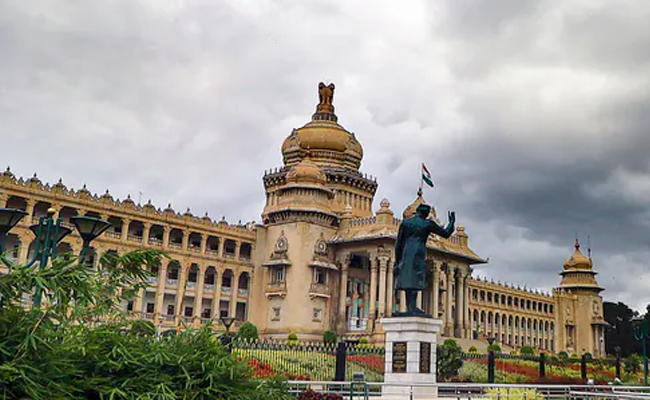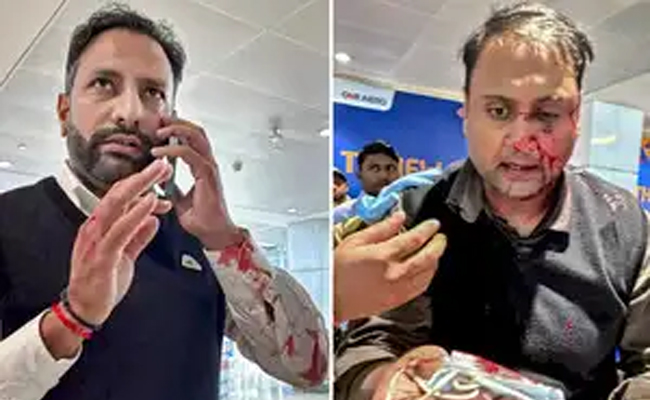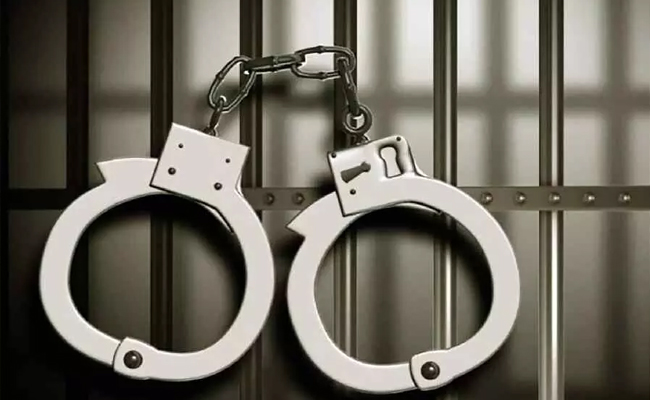New Delhi (PTI): Members of the Delhi BJP's Sikh cell staged a protest against Rahul Gandhi near his 10, Janpath residence here on Wednesday, demanding an apology from the Congress leader over his remarks in the US concerning the community.
Raising slogans and carrying placards, the protesters, including women, tried to approach Gandhi's residence from Vigyan Bhawan, but were stopped by police at a barricade.
Speaking at the protest Delhi BJP's Sikh cell in-charge Tarvinder Marwah said Gandhi should learn the history of his family and acknowledge the atrocities inflicted on Sikhs by his grandmother and father.
"Refrain (from such comments) Rahul Gandhi otherwise you will have the same fate as your grandmother," Marwah said addressing the protesters.
Indira Gandhi, former prime minister and grandmother of Rahul Gandhi, was assassinated by her bodyguards in 1984 soon after Operation Blue Star in Amritsar, that led to anti-Sikh riots in northern India soon after.
"No other political party has wronged the Sikh community as much as the Congress," said Marwah, a three-time former MLA of Congress from Jungpura seat in Delhi. He joined the BJP in July 2022.
Addressing a gathering of several hundred Indian Americans in Washington DC on Monday, Gandhi accused the Rashtriya Swayamsevak Sangh (RSS) of considering some religions, languages and communities inferior than others and said the fight in India is about this and not about politics.
Asking the name of a turbaned person in the gathering, Gandhi said, "The fight is about whether a Sikh is going to be allowed to wear his turban in India or a kada in India. Or he, as a Sikh, is going to be able to go to a gurdwara. That is what the fight is about. And not just for him, for all religions."
At the protest against Gandhi in Delhi, demonstrators raised slogans against the leader of opposition in the Lok Sabha, demanded his apology for "humiliating" Sikhs and held the Congress responsible for the 1984 anti-Sikh riots in the country.
Bharatiya Janata Party's (BJP) national spokesperson R P Singh alleged that Gandhi has "insulted" Sikhs through his statement.
"Under Prime Minister Narendra Modi's leadership, the Sikh community is witnessing progress and the members of the community feel safe in India.
The 1984 massacre, where Sikhs were beaten up and killed, occurred during the Congress rule," he said.
Delhi BJP's Sikh cell convenor Charanjeet Singh Lovely said Gandhi's "small-mindedness is evident from his statement, claiming that Sikh turbans are not safe in India and that Sikhs lack religious freedom".
"The Congress has historically been the political party that caused the most harm to Sikhs," he said, citing the 1984 riots.
The BJP has come down heavily on Gandhi over his remarks in the United States about Sikhs, saying the Congress leader is trying to create a "dangerous narrative" by speaking on "sensitive issues" abroad.
Let the Truth be known. If you read VB and like VB, please be a VB Supporter and Help us deliver the Truth to one and all.
Bengaluru: Government employees in Karnataka have urged the state government to scrap the New Pension Scheme (NPS) and bring back the Old Pension Scheme (OPS), The New Indian Express reported.
The demand was made by the Karnataka State Government Employees’ Association, whose leaders met senior IAS officer Uma Mahadevan on Monday and submitted a memorandum. The association asked the NPS Review Committee, headed by senior IAS officer Anjum Parvez, to recommend the reintroduction of OPS in the state.
Association president C.S. Shadakshari reportedly said the review committee has already visited Rajasthan, Himachal Pradesh, Andhra Pradesh and Telangana where NPS was revoked and OPS re-implemented. The committee is yet to submit its report, but has told the government it will do so soon.
ALSO READ: Udupi man loses Rs 55,000 in Facebook graphics card scam
Shadakshari allegedly said NPS has been in force in Karnataka since 2006. He pointed out that West Bengal never adopted the scheme, while Andhra Pradesh and Telangana replaced NPS with a contributory pension model.
States including Rajasthan, Chhattisgarh, Himachal Pradesh, Punjab and Jharkhand have already scrapped NPS through cabinet decisions or budget announcements.
“Under NPS, 10% of the employees’ basic salary and DA, and 14% contribution from the state is credited to the employees’ fund. It constitutes 24% of the total which is non-withdrawable. This is invested in the share market and the final amount depends on the ups and downs of the market,” TNIE quoted Shadakshar as saying.
As per the report, he said that by limiting its contribution to 14%, the government could save up to ₹1.87 lakh crore annually if all vacancies are filled, strengthening the case for bringing back the old pension system.





